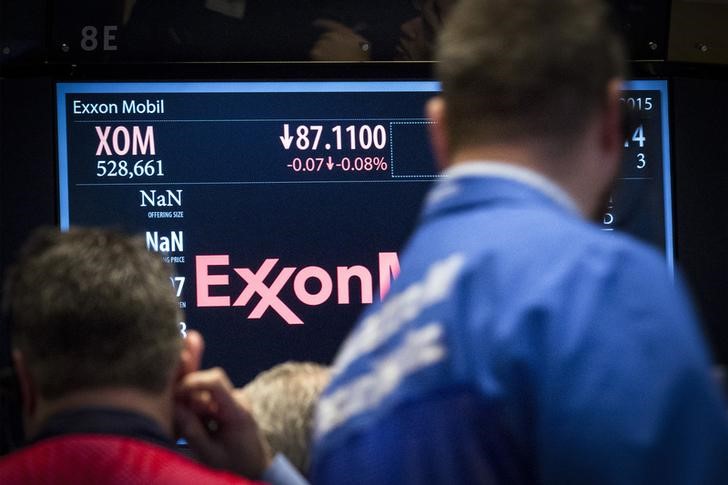(Bloomberg) -- Exxon Mobil Corp (NYSE:XOM).’s loss in a court case in Europe may translate into a gain for carbon prices in the continent’s emissions trading system.
The European Union’s Court of Justice ruled that part of Exxon’s natural gas processing plant in Germany should be classified as an electricity generator, a decision that could result in a cut to its allocation of free pollution rights. Since 2013, utilities have to buy permits to pump out carbon dioxide while other industries get some or all of theirs for free.
The June 20 ruling, if followed by EU governments, could mean about 3,000 factories that transfer heat or electricity to the public grid may no longer qualify for all of their allocated permits, according to analysts including Berenberg Bank’s Lawson Steele, who wrote a detailed report on the impact of the decision.
“The unnerving aspect of this ruling is that this has been happening since 2013, so there’s a retrospective angle,” said Mark Lewis, global head of sustainability research at BNP Paribas (PA:BNPP) SA’s asset management unit, who’s followed the market since it began. “It’s backfiring not just on Exxon. Many companies receiving free allowances for power stations located at factories.”
The ruling may drive up the cost of carbon, already trading at an 11-year high, depending on how nations react, said Bo Qin at BloombergNEF. And applying the ruling to previous years could have a significant impact, though the chance of that “appears to be very small,” said Trevor Sikorski, an Energy Aspects Ltd. analyst.
Exxon said it was too soon to comment on the ruling.
The European Commission wasn’t immediately available to comment on how the decision may change the way allowances are distributed.
The EU’s Emissions Trading System hands out or auctions pollution permits for more than 12,000 facilities owned by utilities and industries, as well as airlines. The court’s decision, which could take months to put into action, may impact the 2020 allocation of allowances if the affected supply isn’t returned to the market, said Berenberg’s Steele.
